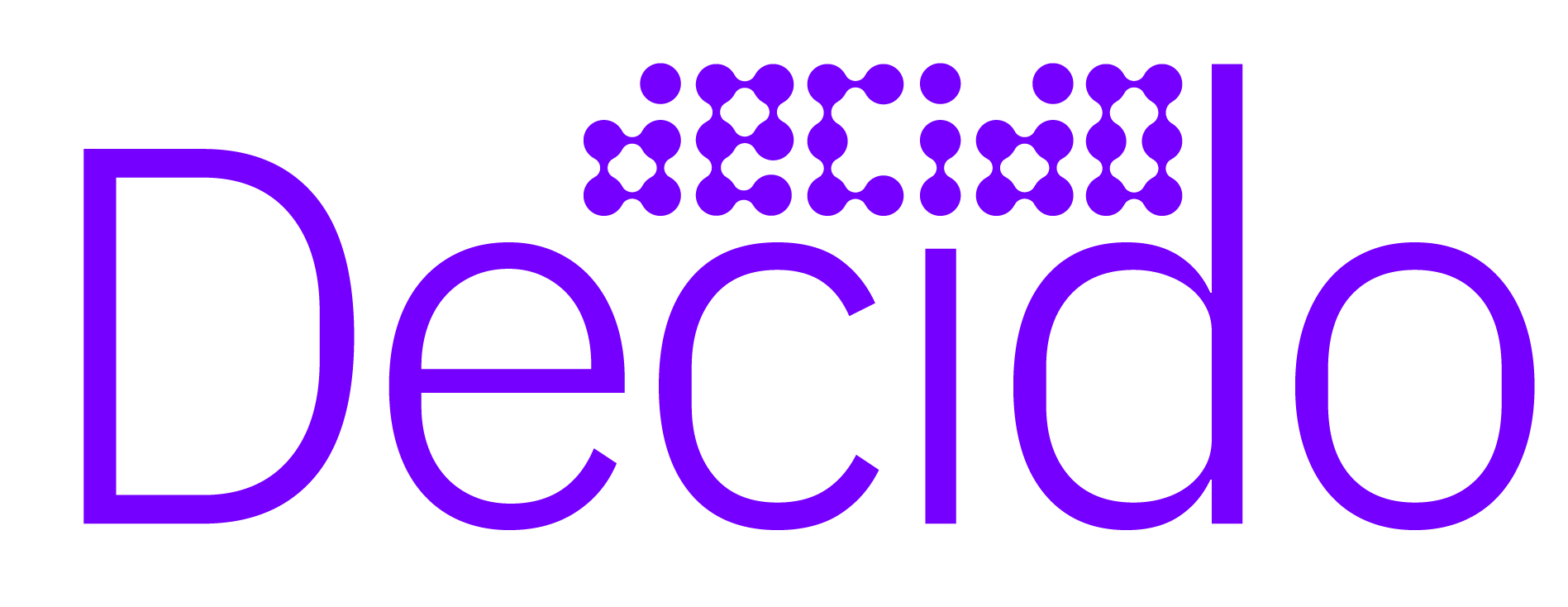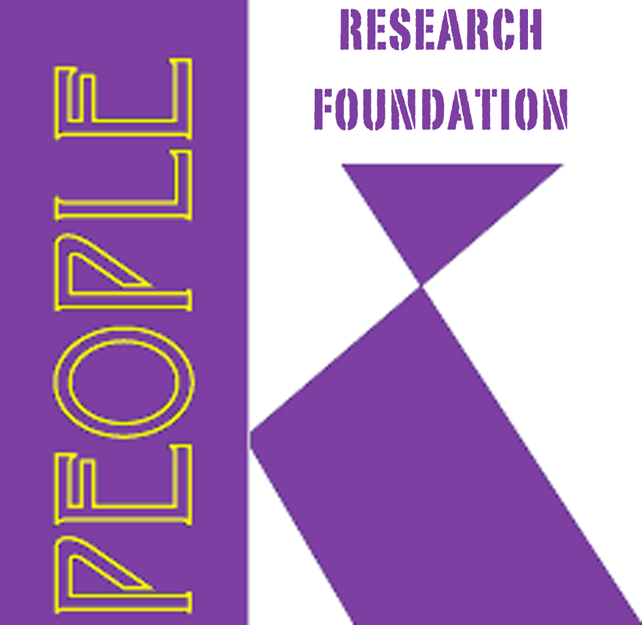SUN 101092612 
The Social and hUman ceNtered XR (SUN) project aims at investigating and developing extended reality (XR) solutions that integrate the physical and the virtual world in a convincing way, from a human and social perspective. The virtual world will be a means to augment the physical world with new opportunities for social and human interaction.
The SUN project mission addressed three main areas:
eXtended reality for Rehabilitation
The aim of the proposed rehabilitation scenario is to motivate the patient to exercise efficiently by providing feedback in relation to performance, while the physiotherapy exercises are performed in any setting, e.g. clinical, at home, indoors, outdoors or even in public areas. This scenario is based on the use of a digital tool employing VR,AR, and MR to assist and monitor the individual motor learning in the context of a supervised personalized remote exercise rehabilitation program for the management of injuries/pathologies. The digital tool will also enable supervised personal training
eXtended reality for safety and social interaction at work
AR and VR can create more immersive experiences for people at work in order to make their job safer, by providing new ways to be aware of possible hazards and receive more effective, engaging and entertaining training on safety procedures. This is to alert and prevent serious accidents provoked by the co-occurrences of different causes, which can be avoided by conscious collaboration. With VR/AR headsets, workers will be able, for example, to better understand difficult-to-grasp concepts or topics such as protocols and procedures for safety and security.
eXtended reality for people with serious mobility and verbal communication diseases
Some people with various motor disabilities or after strokes have huge difficulties in communicating with each other and even to address their vital needs. The project will join the challenge to find a dedicated communication pathway for those people introducing the possibility to interact with some specific social cues and transform them in clear communication or actions.
DECIDO 101004605
Objective
DECIDO is a three-year EU-funded project that aims to boost the use of EOSC (European open science cloud) by Public Authorities enabling innovation in the policy making sector, removing European fragmentation, allowing cross-support and cross-collaboration and the use of secure compute – and data – intensive services.
The opportunities that digital technologies offer – notably with regards to new ways of conceiving, planning, implementing and evaluating policies – are yet to be fully seized by Public Authorities. Today’s society faces complex challenges such as migration, poverty, and climate change, for which not one optimal solution exists and which are increasing the complexity for European governments. To cope with such challenges, data-driven policy making aims to make use of data sources, analytical techniques and processing power to provide policy makers support in their decisions. At the same time involving citizens and local communities in co-creation activities to support better targeted policies. As part of the European Cloud Initiative, EOSC is progressively widening its user base to include Public Authorities in Europe.
The mission of DECIDO is to demonstrate the groundbreaking impact of the adoption of innovative methodologies, tools and data enabling the effective development of better evidence-based policies by public authorities. DECIDO will link Public Administrations to the data and compute infrastructure of the European Open Science Cloud – piloting the access and exploitation of a great wealth of additional resources. The project will identify and assess the benefits and limitations of the use of current big data methodologies and infrastructures in policy making in several domains.
The overall concept of DECIDO is based on the creation of a bridge between Public Authorities and EOSC with a twofold objective: on the one hand to widen the use of the European Cloud Infrastructure services and data to Public Authorities, on the other to enable and encourage Public Authorities to use appropriate infrastructures, services, data and methodologies to apply a more evidenced informed approach to policies. The final result of the project will be the identification of a set of pathways, recommendations and a sound business plan directing Public Authorities through the transition towards the use of the European Cloud Infrastructure and the application of evidence and co-creation in the policy lifecycle.
FASTER 833507 
Objective
FASTER is a H2020 funded project that involves a consortium of research, social and technical partners and first responder organizations.
FASTER addresses the challenges associated with the protection of first responders in hazardous environments, while at the same time enhancing their capabilities in terms of situational awareness and communication.
FASTER establishes a new approach for disaster response in order to improve Europe’s overall disaster resilience. This will be accomplished by the targeted employment and synergetic deployment of a set of appropriate and complementary technologies. Immediate response is the second phase of the disaster management cycle and is a very important aspect for dealing effectively with disasters. Consequently, FASTER improves the disaster response and monitoring capabilities by providing first responders with a suite of core and supplementary tools to augment their situational awareness and, as a result, guarantee their safety as well as enhance their operational capacity.
